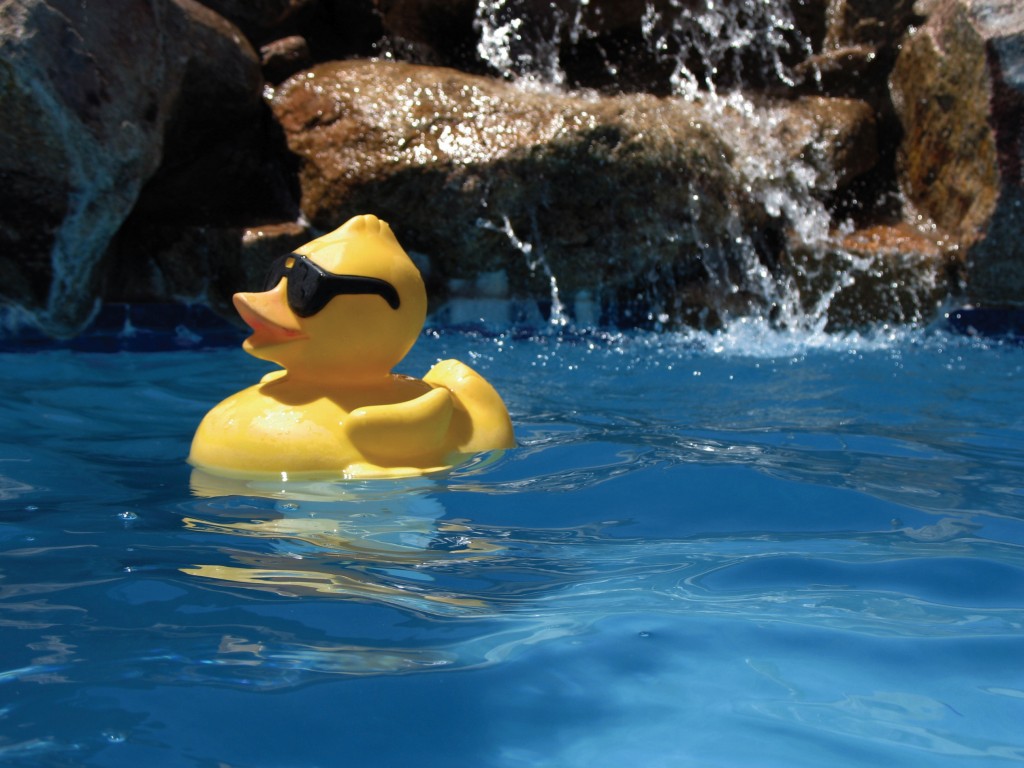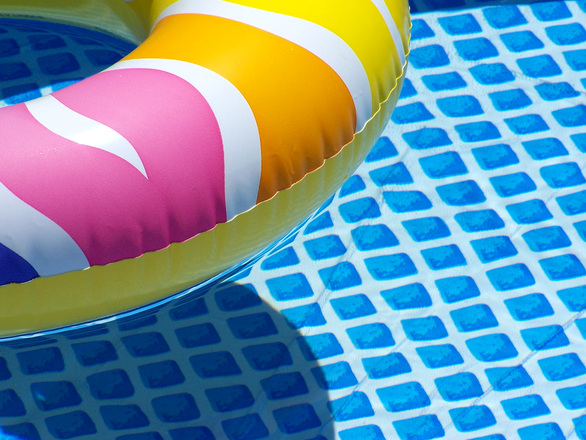New to pool chemical safety? This post is just for you
The temperature is rising, the sun is shining and swimming season is underway. As all pool owners know, forming good pool maintenance habits is key to getting the most out of their investment. Especially when it comes to chemical treatment — it’s what ensures a safe and healthy swimming experience for all.
But effective chemical treatment means understanding pool chemistry. And an effective understanding of pool chemistry means recognizing the importance of chemical safety — from storage to maintaining proper levels. In this post, we explain all the Dos and Don’ts of pool chemical safety.
Pool Chemical Levels At A Glance
Ideally, balanced pool water pH levels should sit between 7.2 and 7.6 while optimal Total Alkalinity should always be as close to 130 ppm as possible. When it comes to Calcium Hardness, aim for a constant level of 225 ppm. Whenever pool water feels harsh or unclean to the touch, these chemical levels are typically the culprits.
[Want a more in-depth explanation of pool chemistry? This post on how to manage pool chemicals should help]
My pool water is green
At the beginning of the pool season, pool owners may notice that a green hue has taken over the coloration of the water. These are algae blooms, which can vary in color but are completely normal after long periods of inactivity. A simple application of algaecide will normally take care of the problem, but sometimes it’s not that easy.
[Pool algae problems? Check out this Pool Algae Removal Guide]
On a side note, it’s also good practice to shock the pool during the opening season as well. Pool shock helps maintain the appropriate level of Free Available chlorine, which plays a major role in pool sanitization.
Pool Chemical Safety, And You
When handling and using pool chemicals, it’s extremely important that you pay mind to a few key points.
Pool Chemical Storage and Handling Tips
- Wear goggles and masks when handling any highly acidic chemicals
- Do not mix chemicals
- Always store chemicals separately in original containers
- Store chemicals in a dry, but well-ventilated environment
- Handle liquid chemical storage with extra care
Chemical Disposal: Old pool chemicals should be disposed of according to the instructions on the packaging. Most pool chemicals are considered hazardous materials.
Expiration dates are also critical in regards to both chemical effectiveness and safety. Using expired pool chemicals leads to an excelled deterioration of a pool’s lining, which can quickly spell out costly repairs.
Additionally, your pool system’s plumbing and corresponding pool equipment can potentially get corroded from harsh chemical imbalance, which in turn affects the circulation of pool water. Poor circulation means poor chemical distribution, in addition to an unnecessary and damaging strain on the pool system.
To avoid all of these potential issues, make sure you’re forming good pool maintenance habits — creating a pool care schedule makes that easy.
A bit about Pool Automation
Pool owners may also want to consider the option of pool automation, which eliminates several of the previously mentioned issues. Top-quality chlorine generators, like the Comfort-Chlor, are one of those options.
The Comfort-Chlor is a Salt Water Chlorine Generator that uses an active feedback system to accurately monitor pH levels — adding the most optimal amount of chlorine at all times. This provides a consistent water quality unattainable through even the most rigorous and attentive manual chemical testing/treatment. The Comfort-Chlor also rations chemicals in a highly efficient manner, which means fewer trips to the pool supply store and more money in the consumer’s pocket.
[Learn more about Salt Water Chlorination Systems]
On a closing note, always remember to store pool chemicals in a dry area out of reach of children and pets, as well as to properly dispose of expired chemicals. We hope this post helped sharpen your pool chemical safety knowledge!



